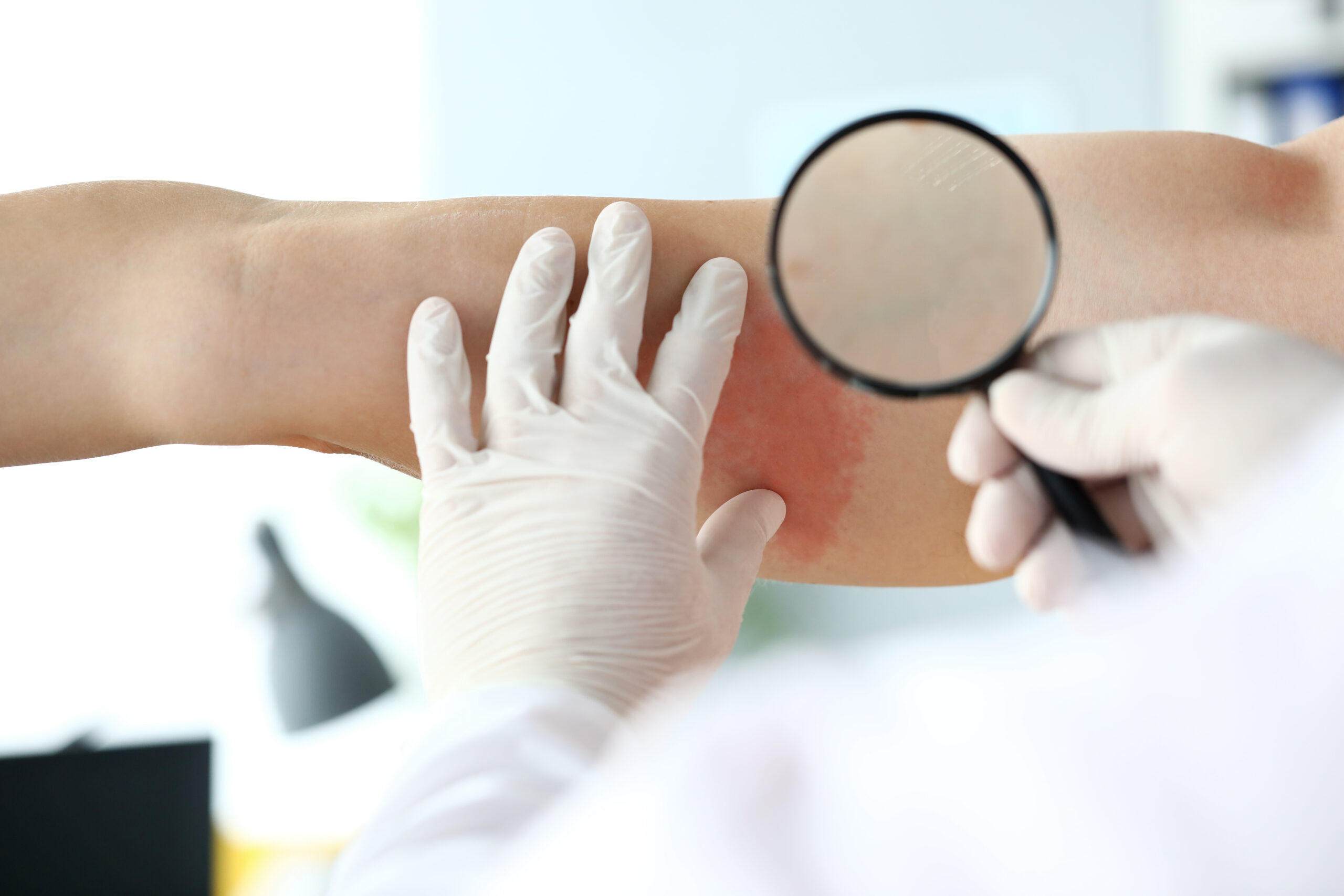« La sclérodermie est une maladie dite auto-immune qui peut s’exprimer sous des formes diverses et atteindre différents niveaux de gravité. En tant que sclérodermie localisée, elle est souvent reconnue comme maladie dermatologique. En tant que sclérodermie systémique, cette maladie rare peut attaquer le tissu soutenant les organes et des petites artères. La maladie de Raynaud, souvent évoquée comme une des autres formes possibles que peut prendre la sclérodermie, est un trouble de la circulation sanguine au niveau des extrémités.
La sclérodermie est très peu connue et peu d’information existe pour les personnes concernées. Cependant, elle peut avoir des conséquences ‘faibles’, comme des démangeaisons mais, dans des cas extrêmes, la maladie peut entraîner la mort.
Dans ce contexte, j’aimerais poser les questions suivantes à Madame la Ministre de la Santé et à Monsieur le Ministre de la Sécurité Sociale :
- Est-ce que le nombre de personnes concernées au Grand-Duché par la sclérodermie, ou une de ses formes diverses, est connu ?
- Dans l’affirmative, combien de patients y avait-il pendant les dix dernières années ?
- Si le nombre de personnes est inconnu, est-ce que Madame la Ministre envisage initier un programme de recherche à ce sujet ?
- Où les personnes concernées peuvent-elles trouver de l’aide médical pour leur condition ? Y a-t-il des experts au Grand-Duché ?
- Est-ce que les personnes cherchant de l’aide à l’étranger peuvent se faire rembourser leurs examens médicaux et les traitements par la CNS ?
Quel est le meilleur point de départ où des personnes affectées par la maladie peuvent recevoir des informations sur leur état de santé ? »






